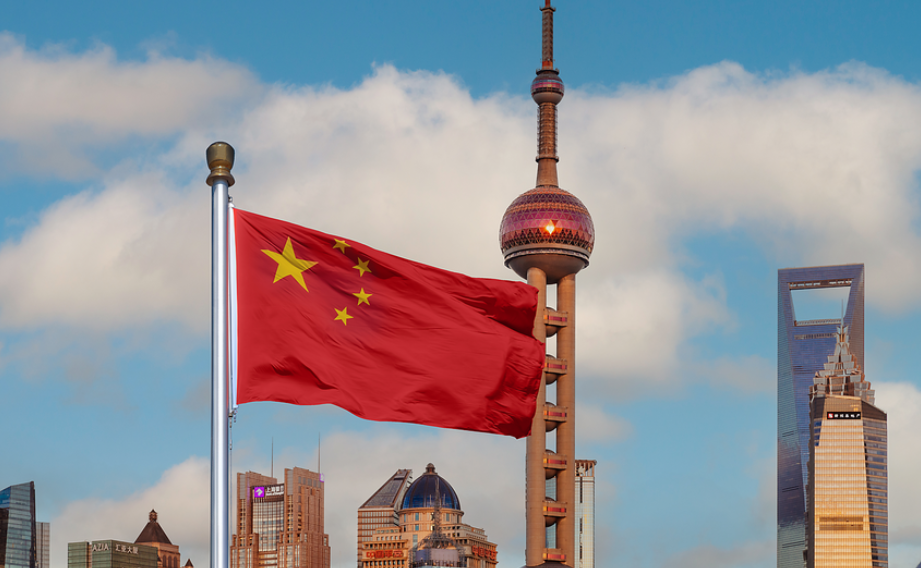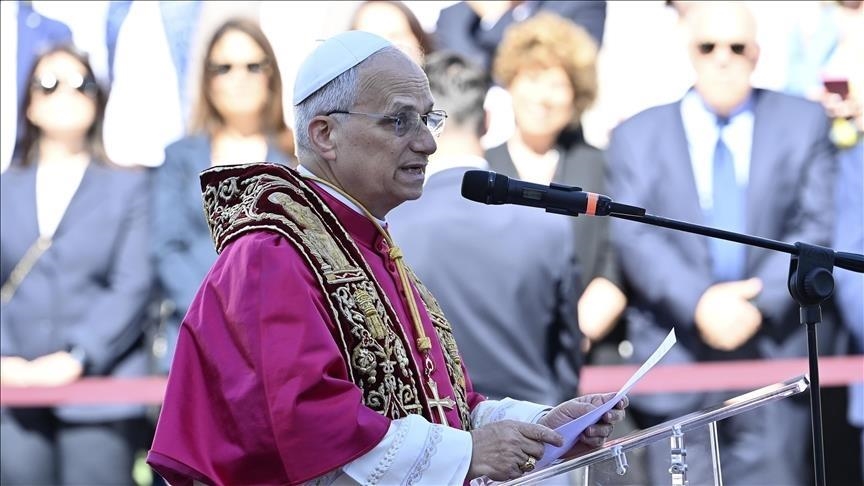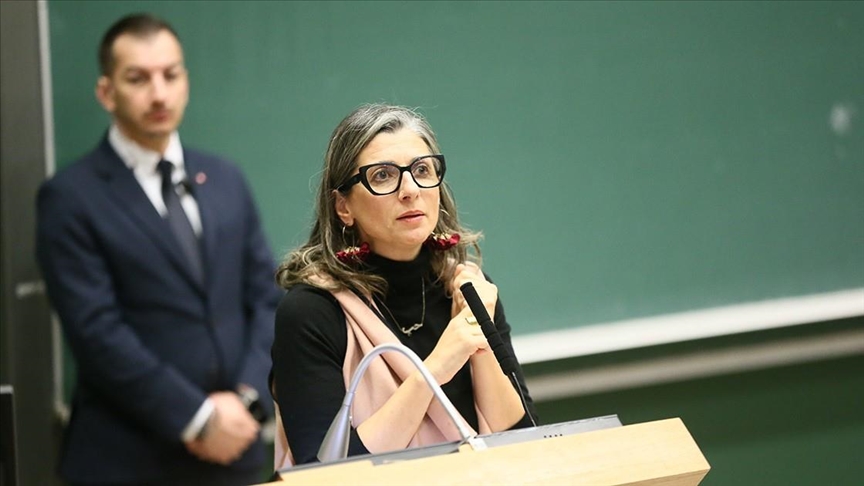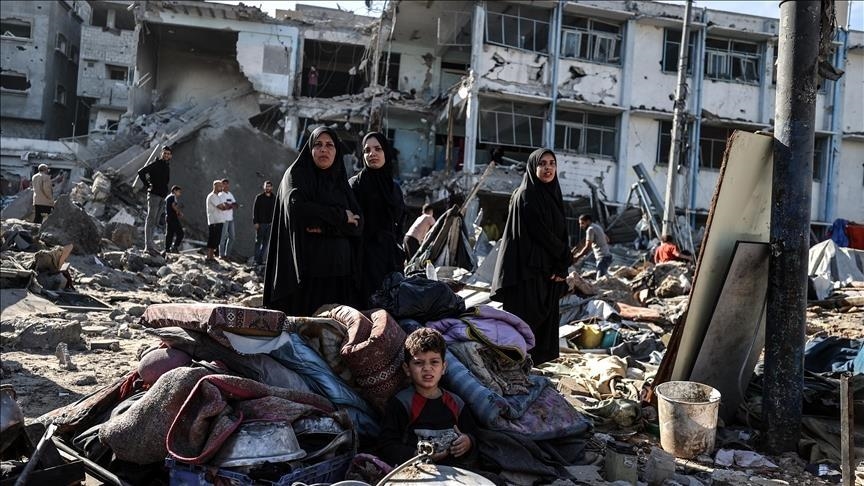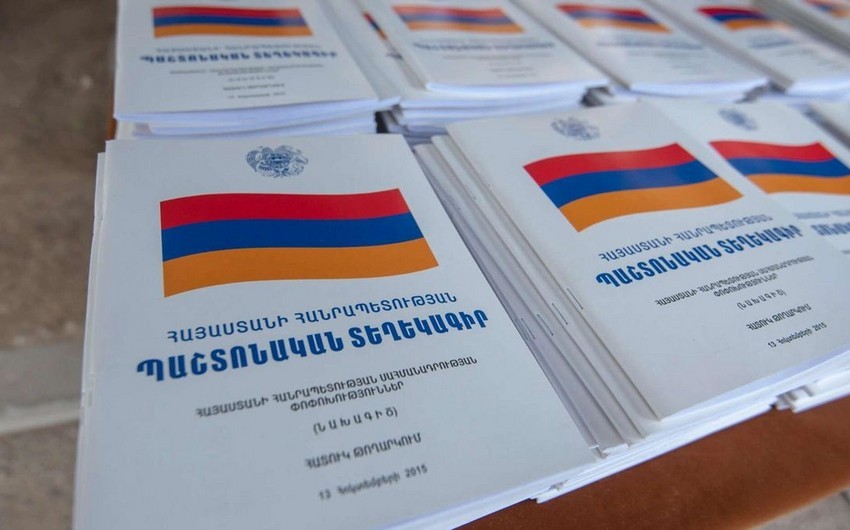The climate crisis is inherently a debate over what we feel entitled to have in order to live a decent life, and how we generate the energy we need to get all humans there.
There's no doubt we're cooking our planet out of a desire to live our best lives, and most of us living in western countries need to cut back on our usage. But what's less clear is exactly how much wiggle room there is for reductions in poorer regions of the world.
For example, are 'developing' regions able to cut their energy production and therefore carbon emissions, while still improving access to basic human rights such as healthcare and education? Or do they need to actually make more energy, as some have argued?
A new study by a small group of researchers from the International Institute for Applied Systems Analysis in Austria has some good news - we're already making more than enough energy for all humans on the planet to have a decent life.
Their calculations show that very little energy is needed to provide the basics of good health and nutrition, and a sound education, meaning there's no need for anyone to live in poverty as we struggle to balance our global carbon budget.
"People have long worried that economic development and climate mitigation aren't compatible – that the growth required to bring billions of people out of poverty would make it impossible to reduce net emissions to zero – which is a requirement for climate stabilisation," says energy systems analyst Narasimha Rao.
To figure out the problem, the team needed energy figures that demarcate our most basic needs.
That in itself can be a rather subjective line in the sand, so Rao turned to a set of criteria he'd developed in a previous study to establish conditions that enable a decent living standard.
He and his team then focussed on just three developing economies; Brazil, South Africa, and India. While hardly an exhaustive list, the three nations were selected to represent a range of climates and cultures, each with their own challenges in sanitation, cooling, and access to transport.
The researchers evaluated what it might take, given their individual energy resources, for each nation to continue to develop.
It turns out that each economy is already generating more than enough energy to ensure every citizen can have a decent standard of living.
In India, for example, the amount of energy consumed in 2015 was around 17.5 gigajoules per capita. But only about 7 gigajoules per person was required to provide for basic needs, with about 12 to 15 gigajoules for everybody to meet a decent living standard.
That means India – not to mention Brazil and South Africa – could cut back significantly in similar ways to developed nations, by improving public transport or using local resources for infrastructure.
"We didn't expect that the energy needs for a minimally decent life would be so modest, even for countries like India where large gaps exist," says Rao.
"It was also a pleasant surprise that the most essential human needs related to health, nutrition, and education, are cheap in terms of energy."
It's an important analysis, because the question of how developing nations should manage their energy production is a complicated one.
On the one hand, they contribute a fair percentage of the planet's greenhouse gases. But many of those communities are also in regions that will be disproportionately burdened, so stand to lose more in the long run; not just due to catastrophic changes in their local climate, but by having access to fewer resources to adapt to heat waves, droughts, and rising waters.
There is no one-size-fits-all solution, but it's clear that most nations around the world can easily make small changes to reduce carbon and still meet all their population's basic needs.
None of this should be confused with improving individual wealth. As the researchers state in their report, more people lack a decent living standard than the World Bank claims fall below the poverty line.
We should, of course, be cleaning up our own backyard before poking our nose over the fence and commenting on our neighbours. But there's also something to be said for encouraging them to not make the same mistakes we did.
"Our study suggests that we need to measure societal progress in terms of these multiple dimensions, not just income, and we should also pay attention to the distribution of growth in developing countries," says Rao.
This research was published in Nature Energy.


